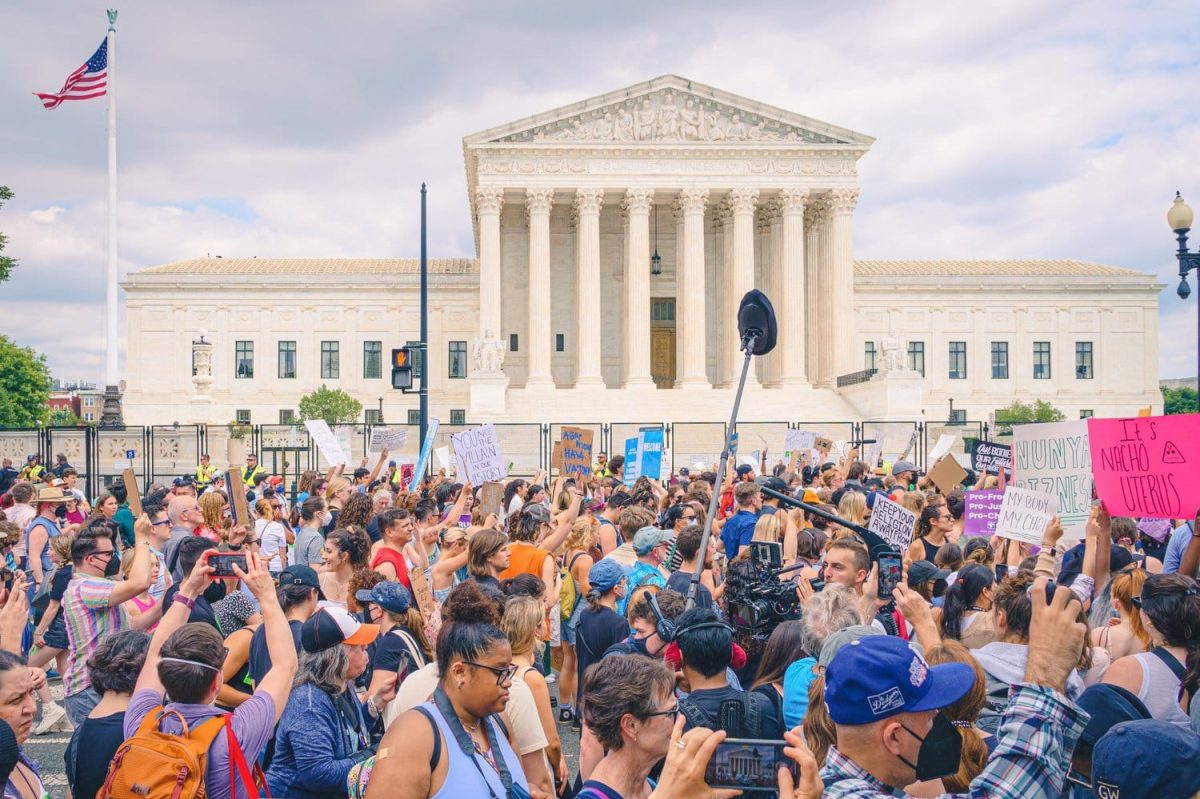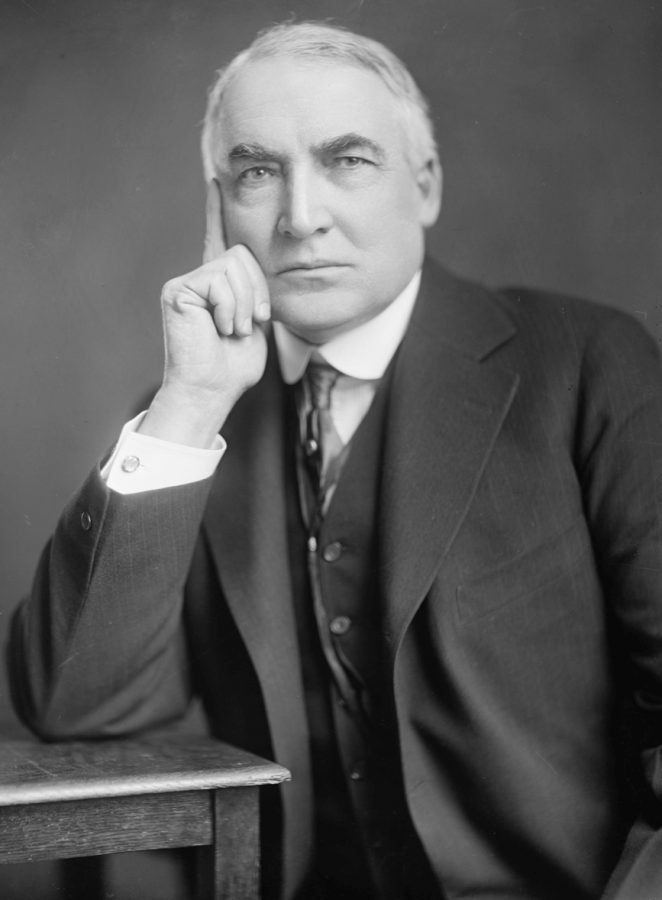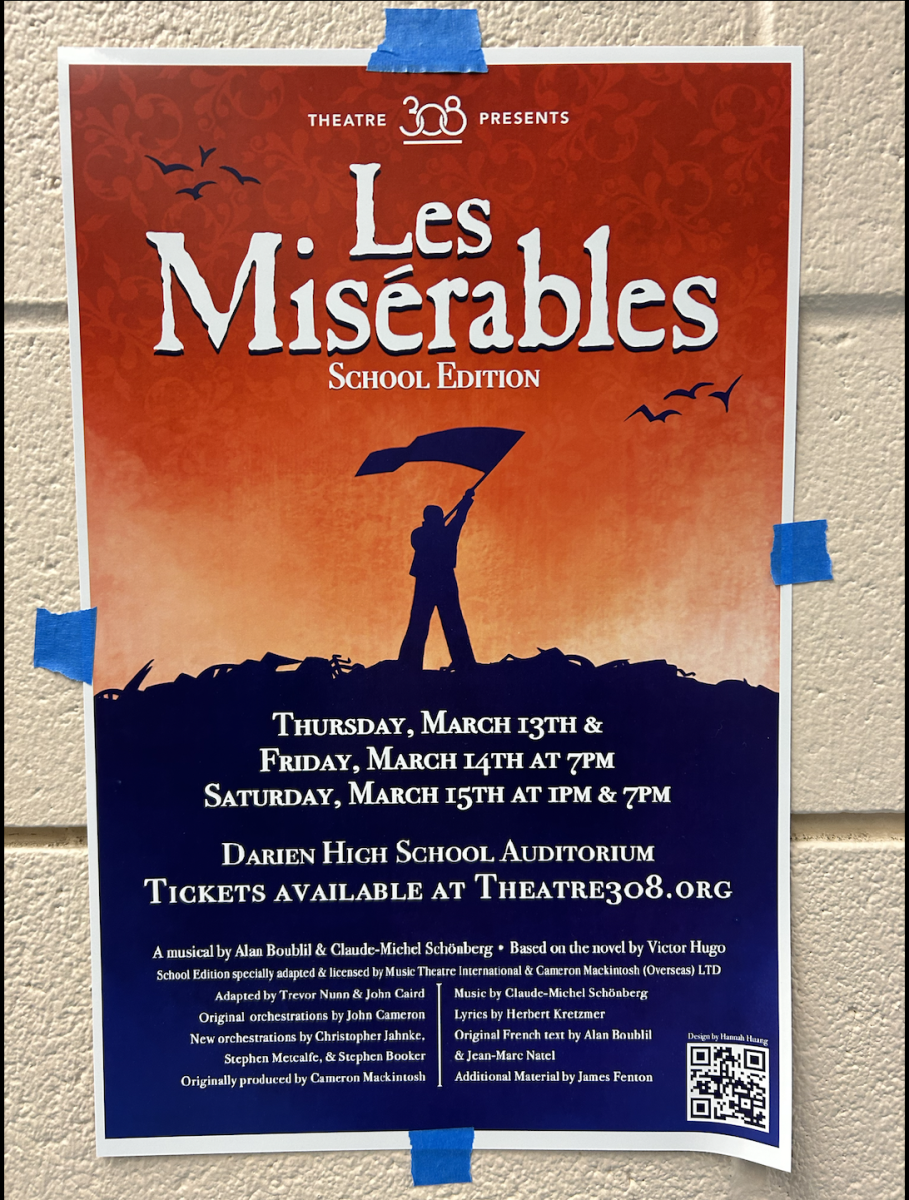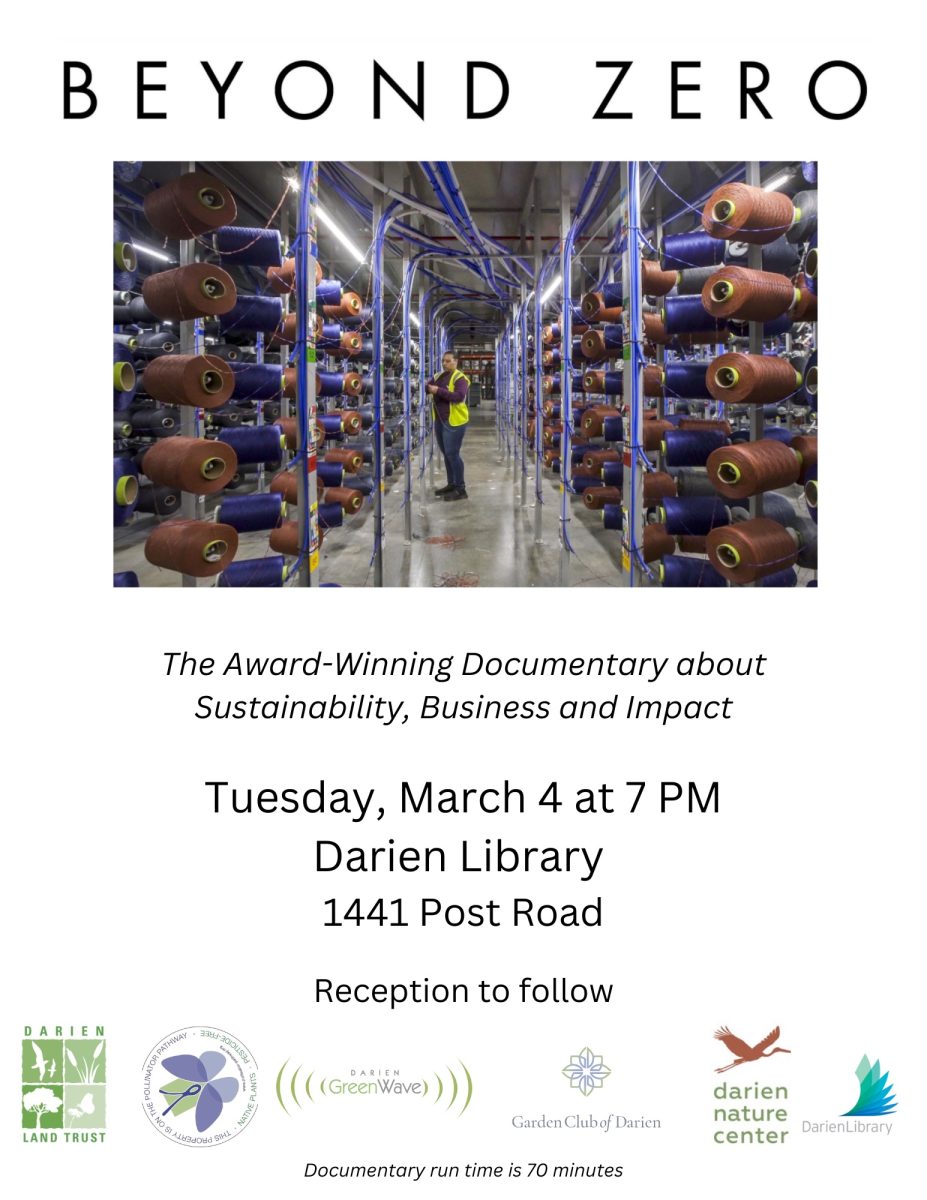Being two of the oldest institutions of higher education in the United States, Harvard College and the University of North Carolina (UNC) are deeply decorated organizations. Each institution receives tens of thousands of applications each year; many fewer are accepted. Because Harvard and UNC both employ a highly selective admissions procedure over the course of months, their students are considered and scaled based on a number of variables. Each school may consider a student’s academics, letters of reference, or extracurricular activities when deciding whether to admit them. However, it has been called into question whether or not a student’s race should be involved in this procedure alongside other baseline application material.

Harvard became the model for affirmative action programs in 1978 when the Supreme Court cited the school’s consideration of race as similar to other traits the school relied on to ensure a diverse student body. Thus, the Court said back then that race could be one of many factors that the school considered, just as other characteristics were considered — geography, or being raised on a farm, or special achievements in everything from science to athletics, or being a so-called legacy student, the son or daughter of someone who attended Harvard. Yet, while there may be a positive undertone surrounding implementing race as a factor in the admissions process in order to ensure the creation of a diverse community, racial activists sought that these policies violated the Fourteenth Amendment’s Equal Protection Clause.
On June 29th 2023, the majority Republican-affiliated Supreme Court effectively ended race-conscious admission programs at colleges and universities across the country as they understood that institutions such as Harvard and UNC were in violation of the Equal Protection Clause. In doing so, it ends the ability of colleges and universities — public and private — to do what most still agree is necessary: consider race as one of many factors in deciding which of the qualified applicants is to be admitted.
Chief Justice John Roberts, a longtime critic of affirmative action programs, wrote the decision for the Court majority, saying that the nation’s colleges and universities must use criteria that is blind to race in their procedures.

“Many universities have for too long… concluded, wrongly, that the touchstone of an individual’s identity is not challenges bested, skills built, or lessons learned but the color of their skin,” he wrote. “Our constitutional history does not tolerate that choice.”
Regardless of college admissions not explicitly aligning with the jurisprudence of the Constitution under the Fourteenth Amendment, there has been controversy over whether or not the overturning of affirmative action in the college admission’s process is beneficial or negatively impacting these institutions from allowing for lower-represented minorities to achieve more diverse opportunities. Indeed, the reality is that in those places where affirmative action has been eliminated, there has been a severe drop in minority, and particularly, African American, admissions.
In our growing world, one of the main aspects to understanding which university may be the perfect fit for a student is knowing the organization’s accumulation of diverse people and students. In fact, according to our own guidance counselors here at Darien High School, it is encouraged to ask about a college’s diversity spread, seen in the given questions surrounding what we, as prospective students from Darien, should ask to college officers. Going further, many school counselors this year during Guidance Seminar have discussed the changes in the college processes where schools are taking measures to try to work their way around the legal implications of asking students their racial identity; Mr. Trombley mentioned how many universities now have an extra application supplemental essay that asks prospective students in broad terms to define what their background and identity mean to them, implicitly allowing for them to mention their race and its impact on their development.
Due to these new supplements, the Court did not completely forbid racial preferences from being used in college admissions. Nothing in the new application supplements for colleges explicitly states that they cannot take into account an applicant’s description of how race has influenced their life, just that race cannot be used as a criterion for admission.
The court’s ruling is expected to have an impact not only on higher education but also on other major institutions that previously utilized racial profiling to create a more diverse population, perhaps such as police forces who try to stray away from enforcing an all white team. Due to a split in the public’s opinion surrounding the court’s decision, it is uncertain how the overturning of affirmative action will continue to affect students and minority groups. It has never been simple for Americans to discuss race, and things are about to get much more difficult.



















